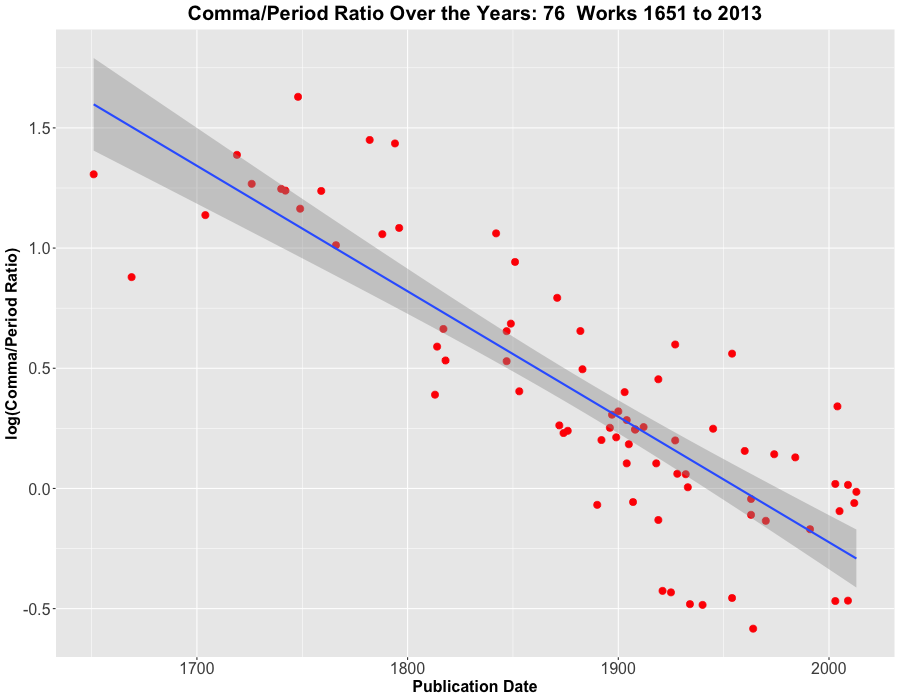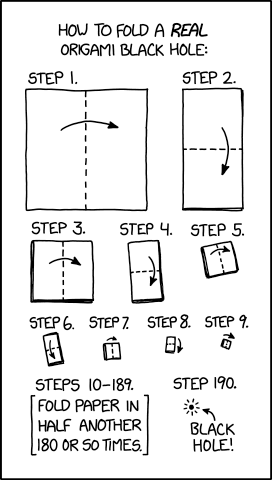John Cotter, "David Lodge, British Novelist Who Satirized Academic Life, Dies at 89", NYT 1/3/2025:
David Lodge, the erudite author of academic comedy and a wide-ranging literary critic, died on Wednesday in Birmingham, England. He was 89. […]
The author of 15 novels and more than a dozen nonfiction books as well as plays and screenplays, Mr. Lodge was twice shortlisted for the Booker Prize, and his work has been translated into dozens of languages.
The Booker Prize non-winning was featured in headlines from the AP ("British author David Lodge, twice nominated for Booker Prize, dies at 89") and the Independent ("Booker Prize-shortlisted author David Lodge dies at the age of 89"), and mentioned prominently in several other obits — so I want to give Lodge the last word on this topic, via his 2018 interview in The Times, which ran under the headline "David Lodge: ‘The Booker prize is good for the novel but bad for novelists’":
“The Booker prize has created a huge long line of losers, as Mr Trump would probably call them, and there are enough chances to fail in the literary world without going through that.”
David Lodge is one of the prize’s most notable unwinners. At the age of 82 this former professor of English literature, with 15 novels to his name, is probably the most distinguished novelist of his generation not to win it. Not that failure ought to bother him. It has been a nice little earner. He has mined the great seams of frustrated ambition, bungled relationships and sexual disappointment to create superb social comedy in novels such as Changing Places (1975), Small World (1984) and Nice Work (1988).
And I should mention that The Booker Prizes's web page for David Lodge, along with listing his three failures to win, features the fact that he chaired the prize committee in 1989.
Read the rest of this entry »



